Goal setting and your values
For many people goal setting is not a straight forward process. Often goal setting can be described in the SMART fashion (specific, measurable, achievable, relevant, time-bound). Yes there are benefits to this way of thinking and there is a lot to unpick here.
However there is a far more fundamental process that many (arguably most) people overlook. This is about setting goals that align with your values.
Read More
5 mistakes people make with fall practice
There is a lot out there about the benefits of fall practice in climbing when dealing with a fear of falling. The reality is that while it may work for some people, it may not work for others and there are many other things that need to be in place first when you do fall practice. However, if you feel that you could benefit from fall practice and it’s not quite working as you’d like, here are my thoughts on where you might be going wrong and what to do about it
Read More
5 reasons people struggle with a fear of falling
A fear of falling in climbing is evolutionary natural. It may not be something everyone admits to, but I can assume you the vast majority of climbers struggle with this. It’s quite normal and it’s absolutely not related to climbing grade. The following 5 reasons came out of a survey I did on instagram.
Read More
TIME - what's your relationship with it?
Time - the ongoing struggle to fit everything in and feel on top of whatever it is you feel the need to be on top of. I get it. And where does climbing fit in? 2 weeks ago I got covid, just when I didn’t want it. And so a small exploration into my relationship with time…
Read More
One year to crack my cold water swimming fear!
Twelve months ago I started cold water swimming. I was both terrified and intrigued. Previous attempts had not been enjoyable yet deep down I knew this was something I wanted to crack. Time, tiny steps, a marvellous group support, finding my process, trust, patience, perseverance, and FUN. I got there! So many crossovers with climbing!
Read More
Fear, its disguises and the nervous system
Does fear hold you back in your climbing? What is your relationship with fear like? Fear can sweep over us - it’s visceral - it’s not just a matter of the mind, but the body too - when we really understand the effect on our nervous system, we can change the relationship and overcome it.
Read More
The “process”
To reach any climbing goal there is a process. The process is where we spend 99% of our time and effort. Without it we get nowhere. And yet as human beings we get easily sidetracked by the outcome or shall we say ‘the top’. And when we do this, we run into trouble. Pressure looms, negative thought spirals start “will I do it?”, “when will I do it”, “why can’t I do it”? What is the process in climbing?
Read More
The values - performance link
“I prioritise happiness, because if I’m not happy I can’t win”. Shauna Coxsey said this and it resonates personally. Understanding and having full clarity about your values in life can be really powerful. Fully incorporating them into your every climbing experience will also have a dramatic effect on your climbing. Happiness is one of Shauna’s. What are yours?
Read More
Stress: do you process it?
We are living through challenging times. So often we think that we need to remove stressors to relieve stress. But at the moment that is almost impossible and it’s not necessarily the solution either. What we can do is ensure we fully process the stress in the body caused by the stressors around us. Check out this podcast from Brené Brown.
Read More
Boundaries: set them or get bitten!
It was a lightbulb moment when someone explained that when another person does something that annoys you or you find yourself in a situation you don’t like, it’s so often because you agreed to something you never wanted in the first place. Aha! Lack of clarity around boundaries in climbing can lead to uncomfortable experiences, even epics. Why do we find this so hard?
Read More
Fear of falling: a team effort?
If you have a fear of falling, this is normal. But do you try to rectify it on your own, or perhaps is it something that can be resolved as a team effort with your partner? Could falling be an accumulation of discomfort arising in the moment just before you think you may fall off?
Read More
If in doubt, breathe it out
The way we breathe sends very powerful messages to the brain. Does your everyday breathing pattern support you or unconsciously do the very opposite? Here are loads of exercises on how to to breathe optimally and also to reduce stress & anxiety and get ready for action. Photo: Hotaches
Read More
Dealing with uncertainty
Autum 2019 I was lucky enough to hold Buster Martin’s ropes on his 9a+ project. I got a front row seat to what can happen with an incredible attitude and dedication. A lot of what I was saw was testament to him dealing with a series of tricky events causing, what for most would be, a lot of uncertainty (not that I think he saw it that way).
Read More
The confidence - values link
Over lockdown I listened to an amazing podcast with Professor Steve Peters, the mastermind behind British Cycling’s success. His Chimp Management Mind model shows us the perils of basing our self esteem on what we do and achieve. Instead we can increase our confidence by understanding our values and developing habits and behaviours that support these values.
Read More
Returning to climbing
I have had many breaks from climbing. Returning is always difficult. But this time it seems different. And that’s because everything is different.
Read More
Learning to Listen
Is the mind stronger than the body, when the body gets injured regularly and the mind continues to want to push on?? I’ve come to believe the opposite: that it is a strong mind that reads the signs early and responds calmly and appropriately. Because hearing the whispers takes diligence, patience and work.
Read More
Trust
If we hold on so hard and only focus on the controllable, there is no space for freedom, lightness and creativity. If we cannot learn to trust and be ok with uncertainty, we’ll find it hard to let go of a certain outcome. And when things are really out of control – we have no capacity to deal with it.
Read More
Climbing kindly
Because when I step onto a climb, every decision I’ve made up to that point means there is no other place I’d rather be (even in the drizzle, on 1 star routes, but then again too in the sun high up on a wonderful mountain route in Wales with my oldest friends). (written Dec 2018)
Read More
The trials of rushing
Rab heard the crack in my finger 4 clips below, standing on the ground. He thought it was my nail. I knew it was my finger joint, but I carried on, my ego not wanting to stop climbing and my sanity hoping above all that it was nothing. (written Feb 2018)
Read More
When life turns you upside…
Clinging on to that slim thread of being a climber during life changing events is a delicate balance. Finding a place where climbing can be kind to you and can support you through is not always that easy. (written Aug 2016)
Read More


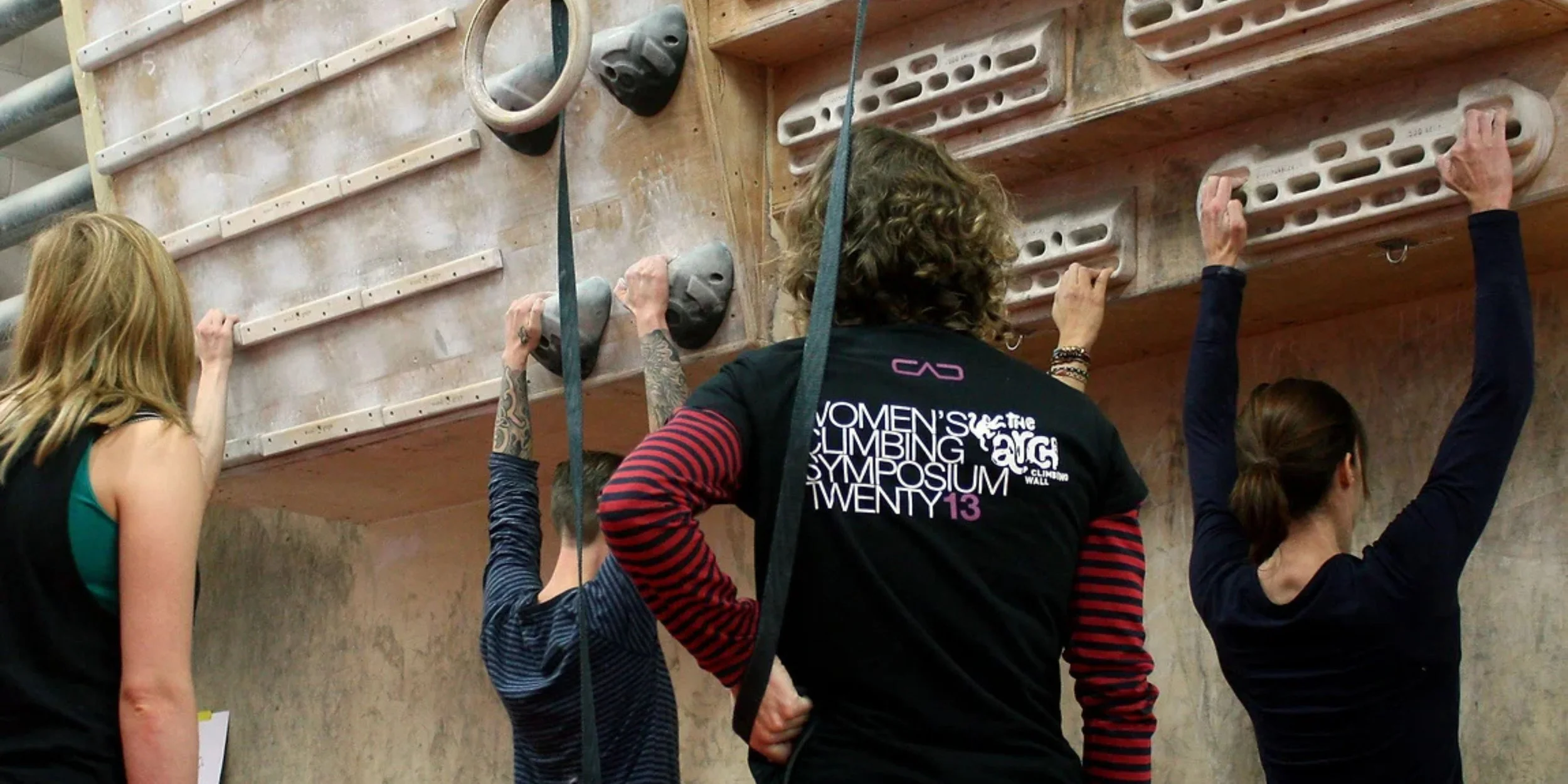







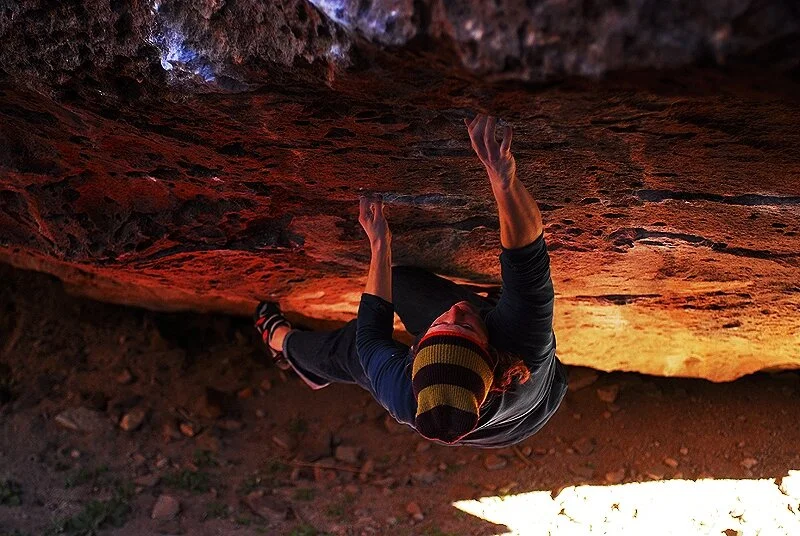







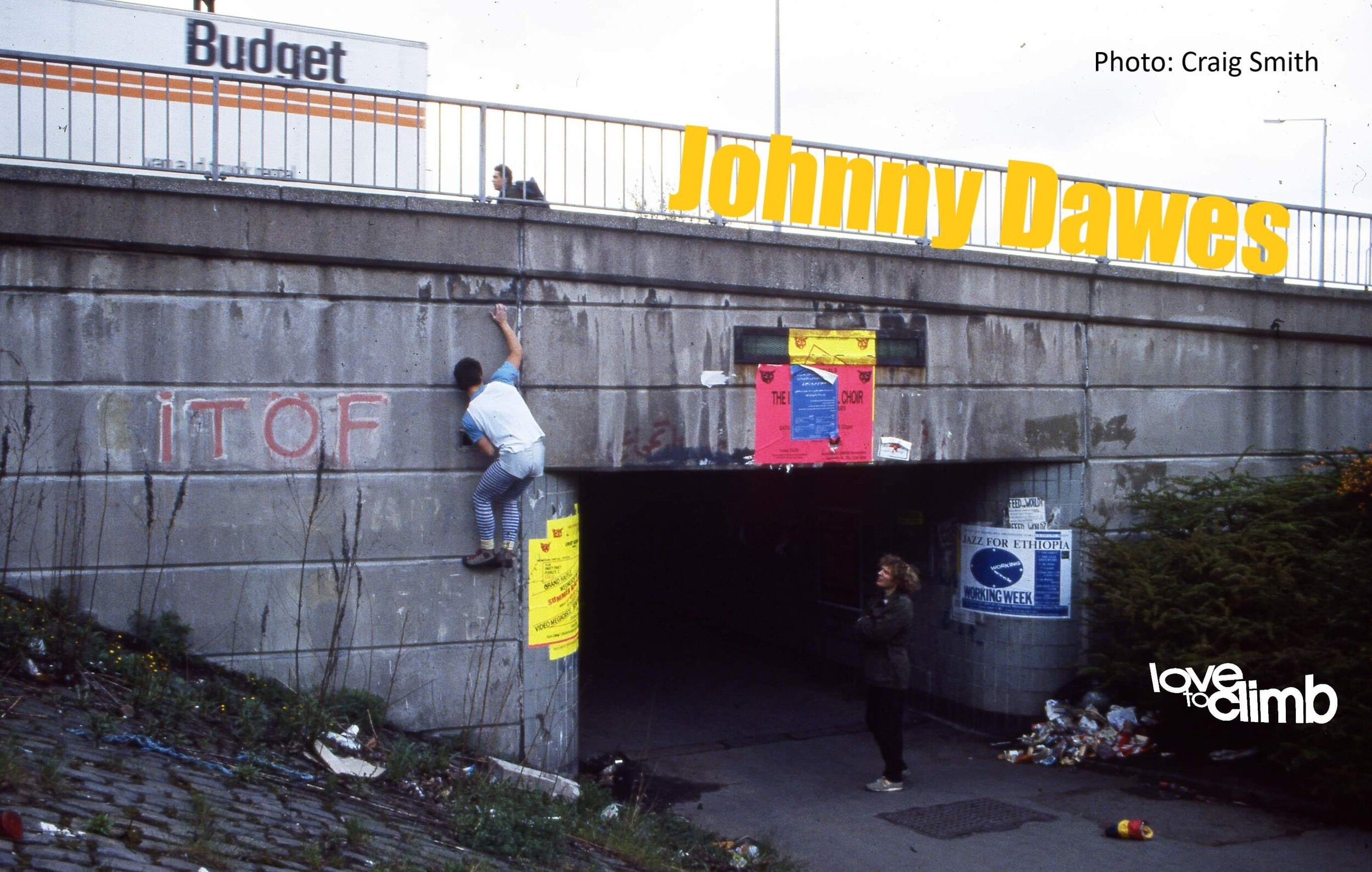


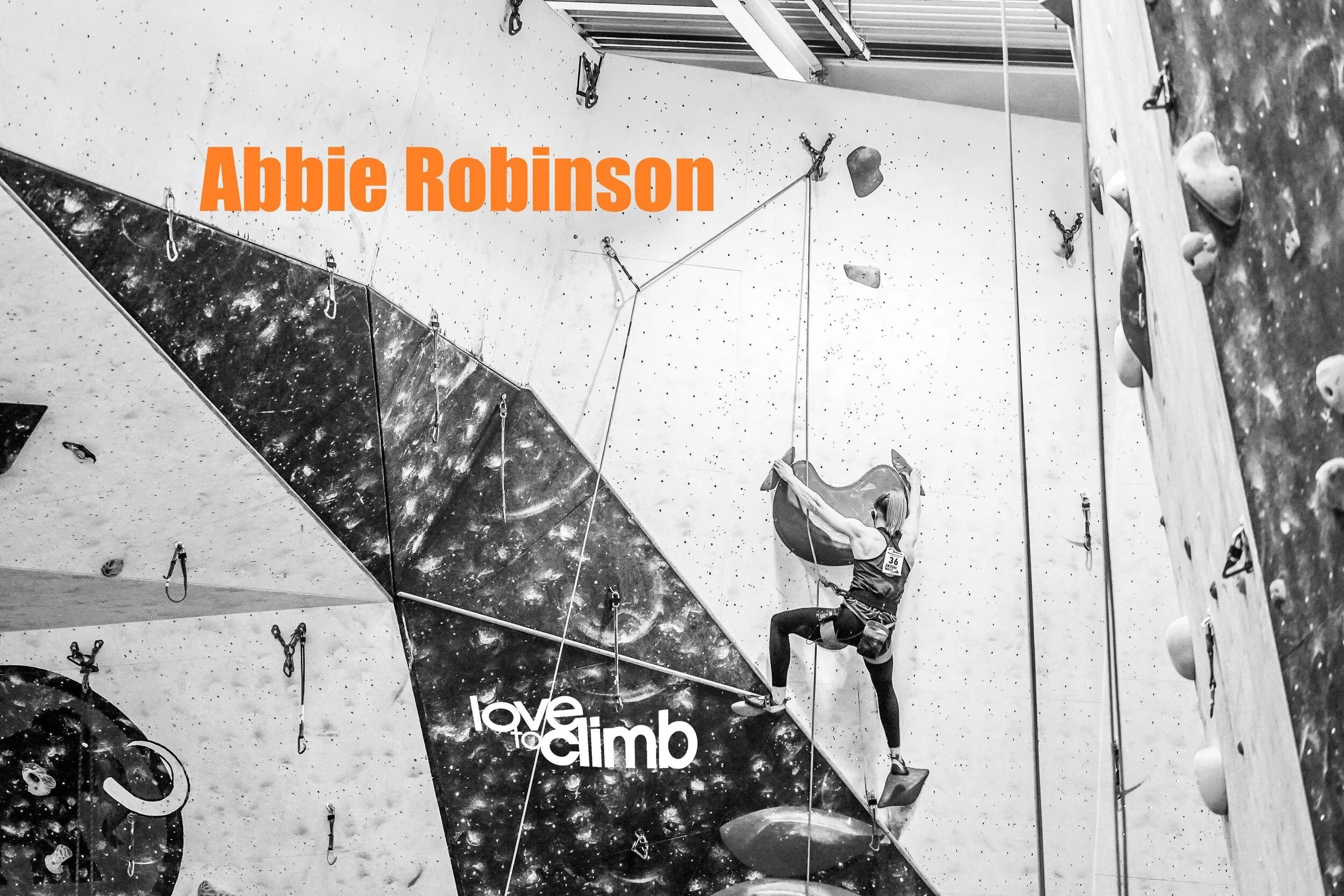




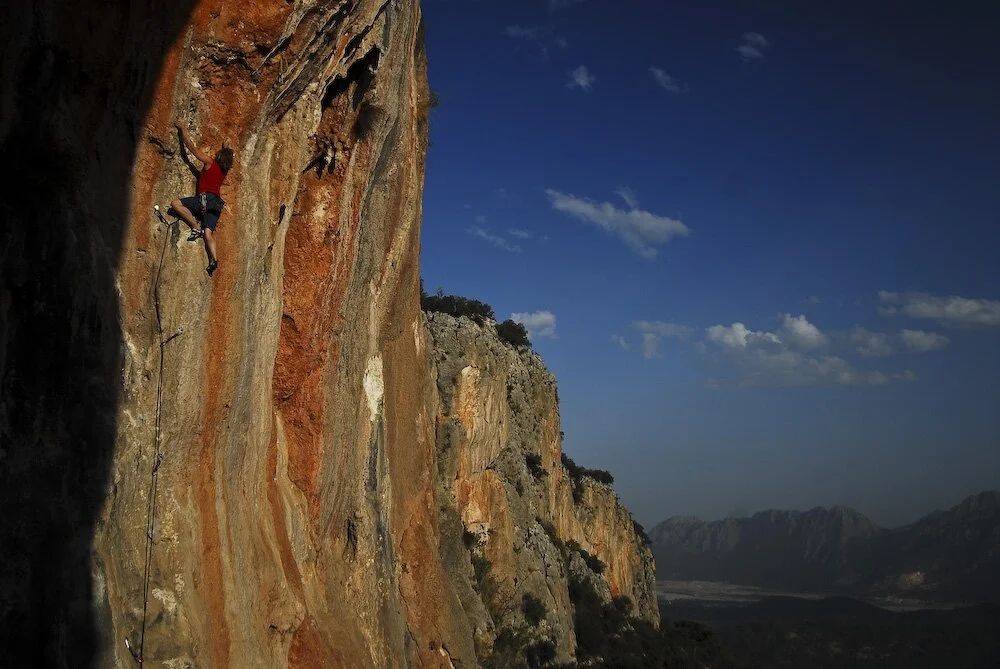
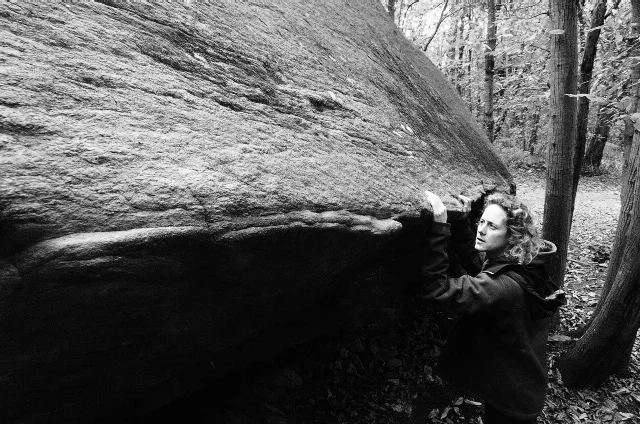




Training your endurance will enable you to climb for a long time, recover from a pump, delay the point that you get ‘pumped’, spend more time stopping to plan moves, recover mentally or psyche up for the next bold or difficult section, handle a high volume of climbing and have a better platform to handle more training of all different types.